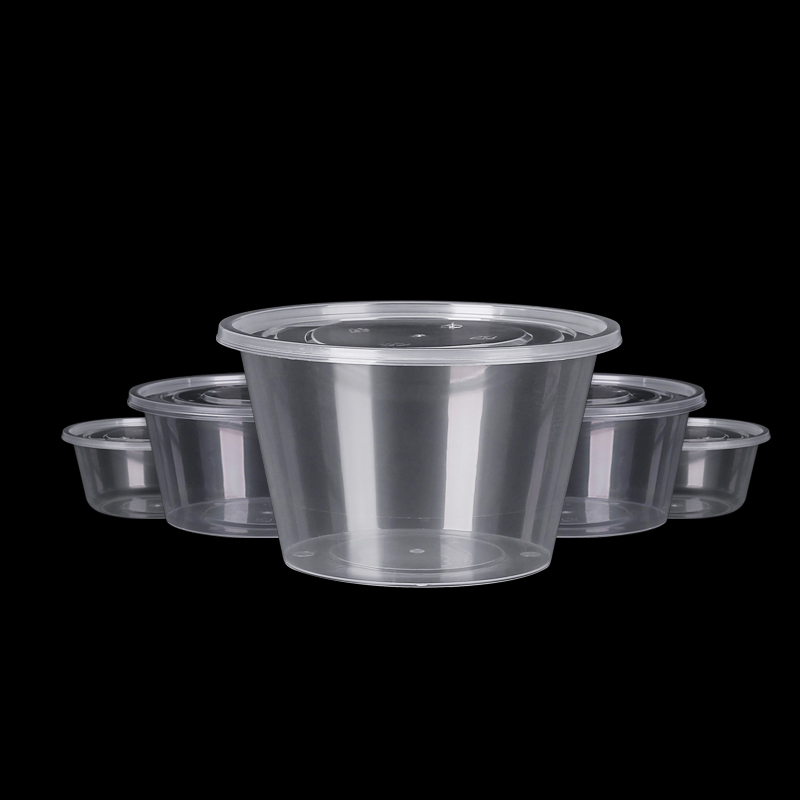
PP salad bowls are not considered to be eco-friendly due to the following reasons:
Non-biodegradable: PP is a type of plastic that is not biodegradable, meaning it takes hundreds of years to break down in the environment. This contributes to the growing problem of plastic pollution, as these salad bowls can end up in landfills or oceans where they harm wildlife and ecosystems.
Oil-based: PP is derived from petroleum, a non-renewable resource that requires extensive energy and resources to extract and process. The production of PP salad bowls contributes to carbon emissions and environmental degradation associated with the extraction and processing of fossil fuels.
Limited recyclability: While PP is technically recyclable, its recycling rate is relatively low compared to other plastics due to challenges in sorting and processing. Additionally, recycled PP may have limited uses and may still end up in landfills or incinerators.
Single-use mindset: PP salad bowls are often used for single-use purposes, contributing to the culture of disposability and waste generation. Reusable alternatives such as glass or stainless steel bowls would be more eco-friendly choices.
PP salad bowls are not eco-friendly due to their non-biodegradable nature, reliance on fossil fuels, limited recyclability, and contribution to single-use waste. To reduce the environmental impact of food packaging, consumers and businesses can opt for more sustainable alternatives such as compostable or reusable containers.


